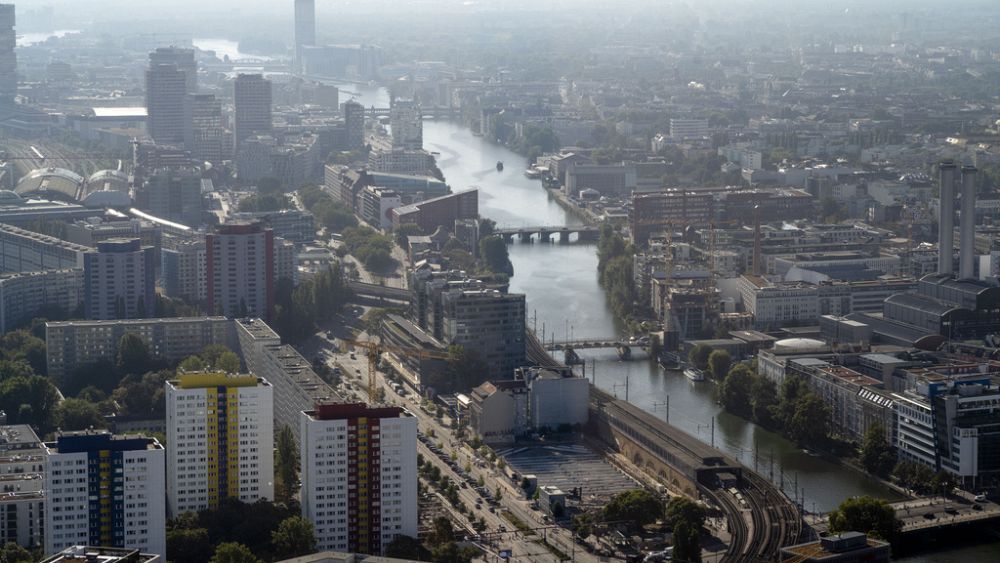Reuters
German inflation eases to 2.3% in November
A.Wilson3 months ago
Christmas shoppers carry bags as they walk along a busy shopping street looking for bargains on the weekend of second advent in Hamburg, December 3, 2022. REUTERS/Fabian Bimmer/File Photo Acquire Licensing Rights
BERLIN, Nov 29 (Reuters) - German inflation eased more than expected in November, falling to its lowest level since June 2021 due to a decline in energy prices, data from the federal statistics office showed on Wednesday. The inflation rate fell to 2.3% in November. Analysts polled by Reuters had expected inflation to ease to 2.6%. German consumer prices, harmonised to compare with other European Union countries, had risen by 3.0% year-on-year in October. A 4.5% year-on-year drop in energy prices had a particularly dampening effect on inflation in November, the statistics office said, a so-called base effect due to the very high cost of energy in November 2022. In addition, food prices rose 5.5%, less than the 6.1% increase in the previous month. Core inflation, which excludes volatile food and energy prices, fell to 3.8% in November from 4.3% the previous month. It is likely that headline inflation will rise again temporarily to around 4% in December due to a base effect, said Timo Wollmershaeuser, head of forecasts at Ifo. This is because gas prices in the consumer price index fell sharply as the government covered December bills in 2022. "But the inflation rate will fall to below 3% as early as the beginning of next year," Wollmershaeuser said. Over the longer term, the decisive factor will be the extent to which companies are able to pass on higher wage costs to their customers, Commerzbank's senior economist Ralph Solveen said. "We assume that this effect will stabilise the core inflation rate well above the European Central Bank target in the coming year," Solveen said. Economists pay close attention to German inflation data, as Germany publishes its figures one day before the euro zone inflation data release. Spanish harmonised inflation also fell to 3.2% from 3.5% in the previous month, data showed on Wednesday. Euro zone inflation is expected to ease to 2.7% in November from 2.9% in October, according to economists polled by Reuters. "Inflation looks to be benign in the euro zone with weak demand and supply-side pressures remaining mild," ING's senior economist Bert Colijn said. For the European Central Bank, this confirms the view that next year could bring about a first rate cut, Colijn said. "With inflation trending down better than expected, this could happen earlier than expected."Read the full article:https://www.reuters.com/markets/europe/german-inflation-eases-23-november-2023-11-29/
0 Comments
0
/cloudfront-us-east-2.images.arcpublishing.com/reuters/L3QMO2JPPRILFCM75OPKQPTAAI.jpg)

:quality(70)/cloudfront-us-east-1.images.arcpublishing.com/cmg/OARTQYK7KLUHVJXELUJB7P2DNE.jpg)


:quality(70)/cloudfront-us-east-1.images.arcpublishing.com/cmg/OARTQYK7KLUHVJXELUJB7P2DNE.jpg)













